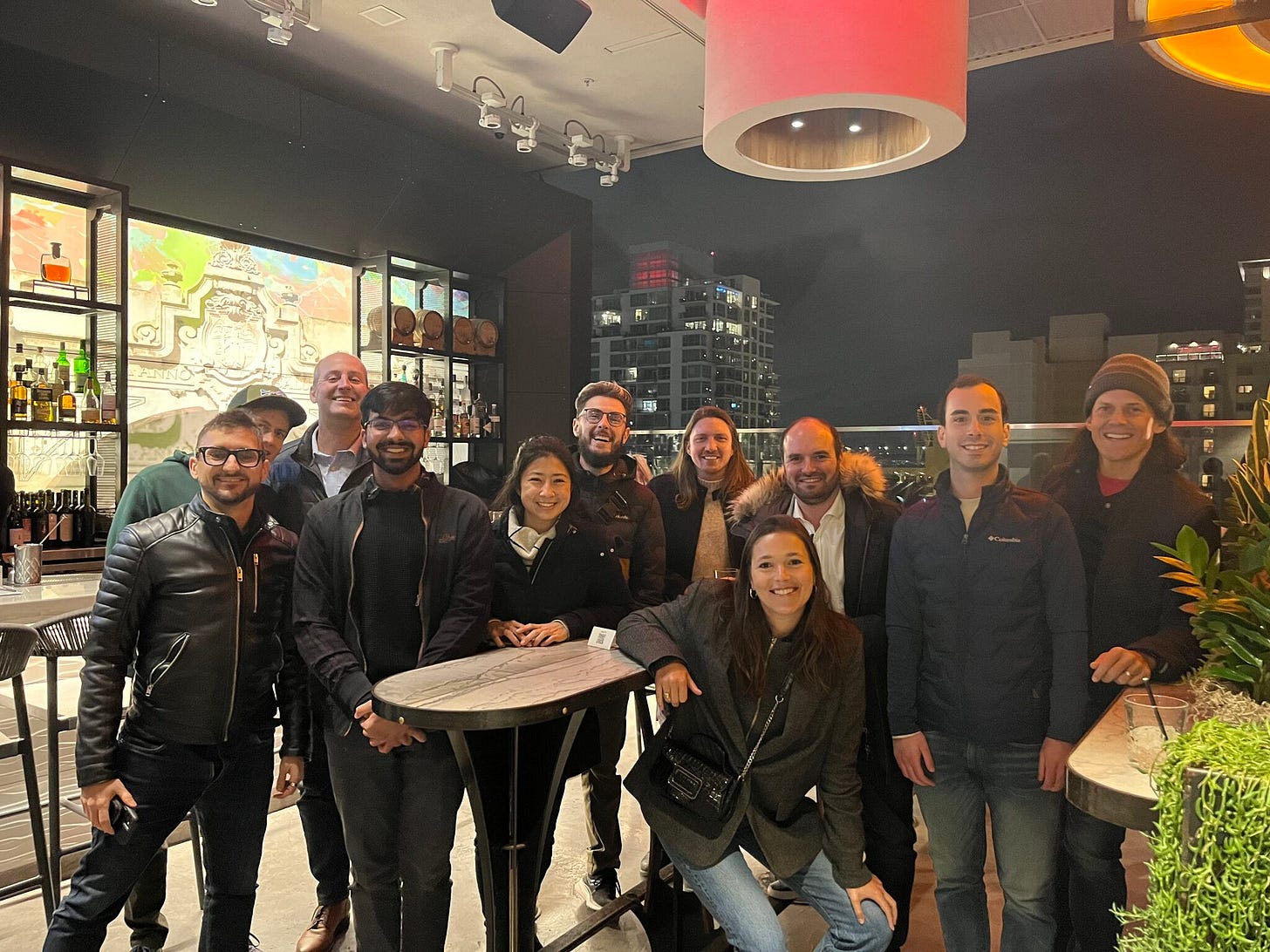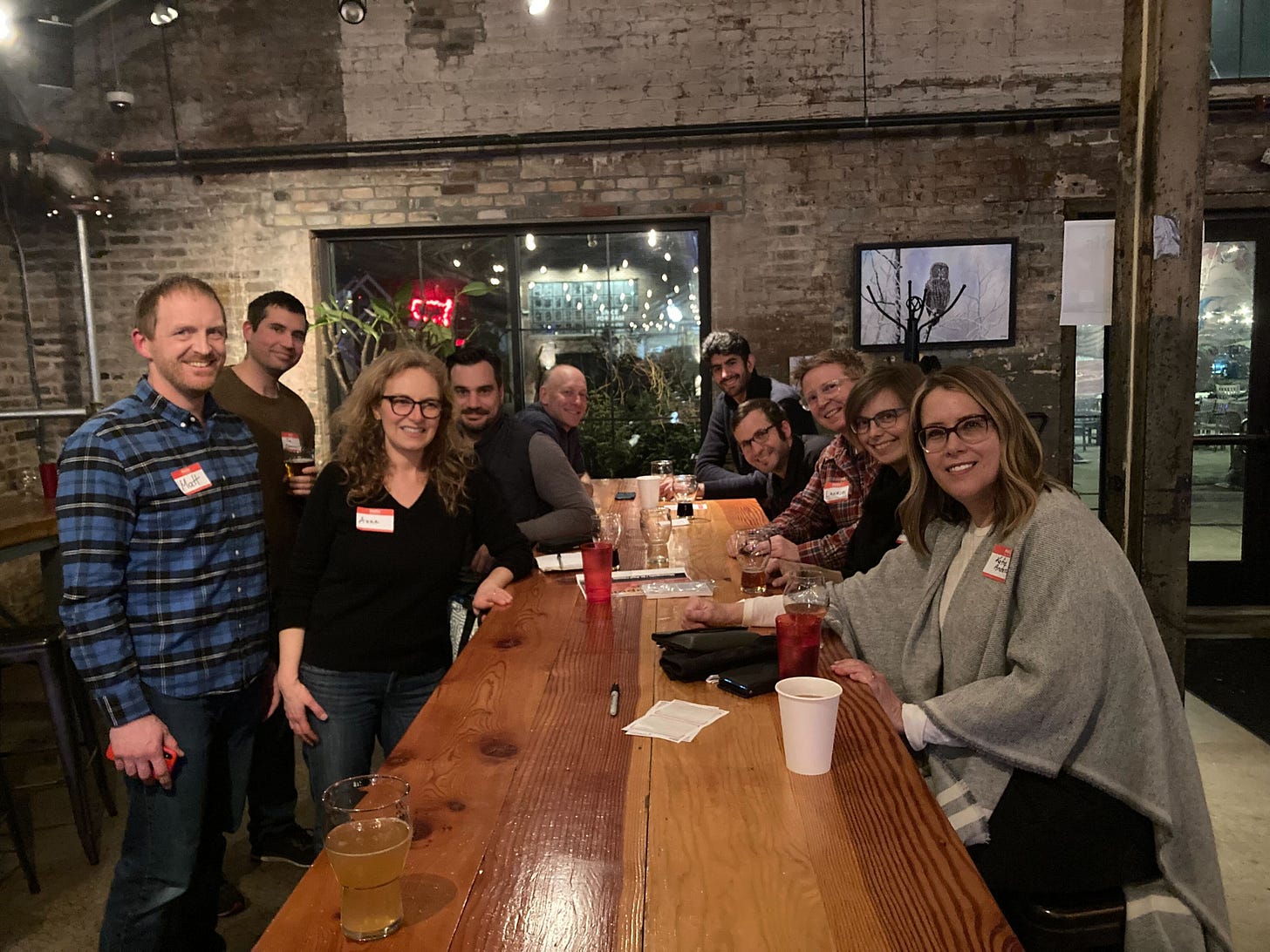Is AI a Silver Bullet for our Climate Problems?
by Alp Kucukelbir, Chief Scientist of Fero Labs, Adjunct Professor of Computer Science at Columbia University, and Entrepreneurship Lead at ClimateChange.ai.
You have probably heard the expression: “the best way to learn is to teach.” Nobel prize-winning physicist Richard Feynman famously advocated and used this technique. As an academic and entrepreneur seeking to leverage my skills in computer science for the greater good, I wanted to understand where AI can have an impact on solving climate problems — arguably one of the greatest challenges of our time. So, I decided to follow in Feynman’s footsteps — I developed a brand-new course at Columbia University that explores the intersection of Machine Learning and Climate. Here is what I learned (and taught) in the process.
AI is over-represented in certain climate problems
As I was putting together the syllabus for my course, I realized that AI is currently focused on a few climate niches: solving problems using mostly text and image data. I found disproportionate numbers of researchers working with satellite imagery to make weather predictions. In contrast, fewer academics appear to be solving problems in the energy sector, agriculture, and manufacturing. Why is that?
It comes down to two things: data availability and knowledge scarcity.
Text and image data are easy to gather and work with. Many datasets can be directly scraped off the internet. But these represent only a small subset of climate problems. Governments, companies, and non-profits can raise awareness of the need for broader solutions by incentivizing the gathering and sharing of more data. For example, at ClimateChange.AI, a non-profit based in the US, we are running a grants program to foster the development of impactful datasets to spur AI research in climate problems.
Knowledge tends to silo itself. Energy experts rarely have convenient ways to interact with AI experts. So, AI researchers gravitate to solving problems they can easily understand — a satellite image is much simpler to understand than the complexity of energy generation and distribution. Efforts to bridge this gap are already making a difference. Columbia University recently launched a brand-new Climate School aimed at trans-disciplinary research. These kinds of initiatives can bring communities together and enable effective problem-solving.
Takeaway: Expect many AI solutions to be biased towards easily accessible data. We must encourage the development of new AI methods to solve problems in a broader space of climate problems. Increasing data availability and breaking down knowledge barriers will help.
AI must quantify its confidence
In my class, we quickly realized that for AI to have an impact in solving climate problems, it must measure and communicate its confidence in its recommendations.
Many AI systems focus on solving problems where the cost of making a mistake is negligible. Take ChatGPT, which blurts its answers out with full confidence — regardless of whether or not they are correct. Or a media streaming service, which flatly suggests the next movie you should watch — a recommendation you can simply ignore at no cost.

In climate applications, the cost of making a mistake is rarely negligible. Consider biodiversity loss, recently discussed at the 2022 World Economic Forum. We can use AI to study and forecast biodiversity trends and act to minimize biodiversity loss — a wrong action may impart decades of (potentially irreversible) harm. Take heavy manufacturing, energy, and agriculture. AI can help decarbonize these sectors, which collectively make up around 75% of global emissions, by simulating production changes that minimize resource usage and waste. But, a single mistake on a batch of production can cost hundreds of thousands of dollars, thousands of tons of CO2e, and raise personnel safety risks — sometimes all at once.
This allows AI to empower humans to trade benefits with risks. For a specific batch of production, an AI system may hesitantly recommend a change. A human expert can then weigh the benefits of this recommendation with the risk of making a mistake — doing precisely the type of thing that humans are good at: exercising judgment.
Takeaway: You should be suspicious of AI that does not quantify its own confidence. Such AI methods are likely built on the principle of “mistakes are cheap.” Mistakes in climate problems are rarely cheap.
Back to the classroom
By the end of the semester, my students had explored myriad problems, ranging from how to optimally place wind turbines in a field, to forecasting climate policy effectiveness under multiple climate scenarios. The most successful student projects embraced new datasets and AI methods that provide confidence, pivoting away from black-box AI algorithms early in their projects.
The landscape is changing in our favor; projects like Climate Trace are introducing increasingly ambitious datasets into the public sphere. I am eager to see what projects my students decide to work on next semester — and watch the next generation bring an expanded perspective and greater toolbox to address our climate challenges.
✍️ The Draw-down
Weekly climate art by our MCJ Artist-in-Residence, Nicole Kelner.
📢 Climate Action of the Week
Want to do more? Sign up for the next Climate Changemakers Hour of Action here.
Reach out to your state reps to pass along program guidance about the Greenhouse Gas Reduction Fund. ➡️ Why? The IRA allocated $27B for a clean energy finance accelerator called the Greenhouse Gas Reduction Fund that will help green banks, states, and cities finance decarbonization projects. Now that the EPA has released program guidance and a tentative application timeline, these entities must begin planning for how they want to use the funds.
🎙My Climate Journey Podcast
🇺🇸 Cody talked to Eric Goff, President of Goff Policy, and Jaden Crawford, Director of Policy at David Energy, about ERCOT (the Electric Reliability Council of Texas), and changes that are underway following widespread energy outages during Winter Storm Uri.
🔥 Sonia Kastner, Founder/CEO of Pano, and Bill Clerico, Founder/Managing Partner at Convective Capital discuss the issue of wildfires, how and why they've grown in severity, the traditional response mechanisms that fire agencies have used and how that is changing, what types of technologies are being developed to support their efforts, and tons more.
👩💻 Climate Jobs
For more open positions, check out the #j-climatejobs channel in MCJ Slack as well as our job board featuring 78 MCJ portfolio companies and over 500 open positions.
Managing Director at Activate (Houston, TX)
Analytical Chemist at Air Company (Brooklyn, NY)
Senior Program Manager, Business Delivery Optimization at Arcadia (Remote)
Program Manager at Euclid Power (Remote/NYC)
Communications Manager at Heirloom (Brisbane, CA)
EHS Manager at Lilac Solutions, Inc. (Fernley, NV)
Maintenance Technician at Remora (Wixom, MI)
Customer Success Manager at SINAI (Remote)
Instrumentation & Electrical Engineer at Twelve (Remote)
✨ Highlights
🌊 Propeller is now accepting applications for the next cohort of their Ocean MBA, an intense startup bootcamp for ocean-climate entrepreneurs. May 17-19 at MIT Sloan. More info and application here.


🗓 March Events
Click the event title for details & RSVP info. For more climate events, check out the #c-events channel in MCJ Slack.
👋 Community Welcome Call: Connect, share and learn with the MCJ team and community members. (3/09)
🎓 College to Climate Monthly: For college students or recent grads wondering how to get a job addressing climate change. This month our speaker is Jessica Harrington from Redwood Climate Communications. (3/09)
🍻 DC Climate: March Meet Up: Whether you're a climate veteran or looking to make the transition, come to chat about all things sustainability and climate tech. (3/09)
🍺 San Francisco Happy Hour: Keep the good vibes growing in the Bay Area Community. (3/09)
⚡️ MCJ Monthly Idea Jam: Energy. These sessions provide a chance for MCJ members to get help with roadblocks, meet co-founders or future employees, connect with investors, or people working on similar topics. Anybody is welcome to listen in! (3/17)
🎟️ Techonomy Climate Conference: This one-day, in-person event in Silicon Valley will gather climate experts, industry giants, entrepreneurs, investors, and government officials. Register here for an offer that includes access to all programming, breakfast, lunch, and closing reception. (3/28)
MCJ Climate Voices is a free weekly email curating news, jobs, My Climate Journey podcast episodes, and other noteworthy happenings in the MCJ member community.
💭 If you have feedback or items you’d like to include, feel free to reach out.
🤝 If you’d like to become an MCJ community member, apply today.
💡 Have a climate-related event or content topic that you'd like to see in the MCJ newsletter? Email us at content@mcjcollective.com






Ah this is awesome. As a data engineer that’s passionate about climate, this intersection is one that I’m very excited about! Thanks for sharing.
The link for the Career Transitions Meetup is broken - is there another?